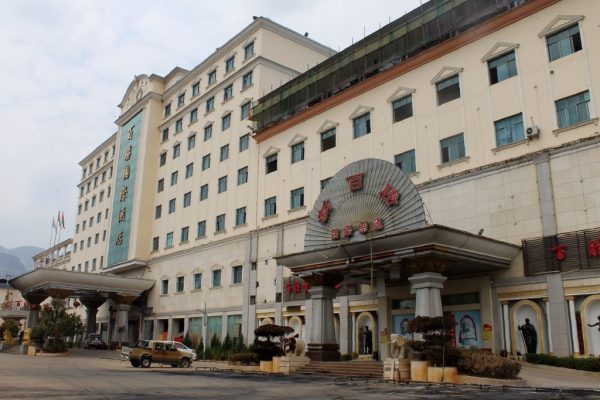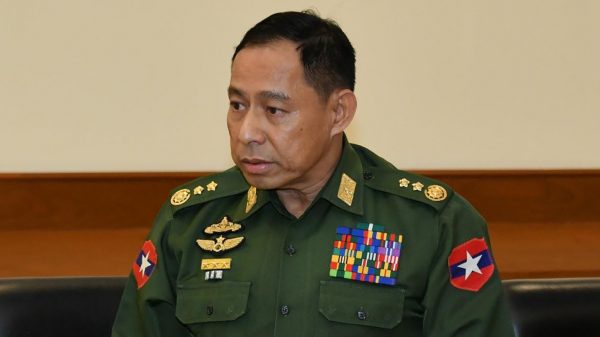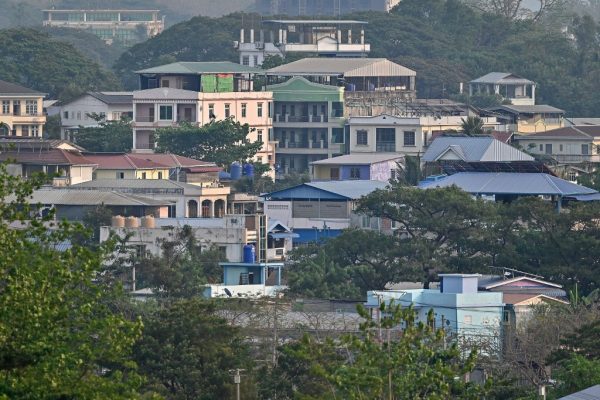Thailand-Myanmar humanitarian plans in the offing

Thailand and Myanmar will soon initiate bilateral humanitarian assistance along their common border to alleviate the sufferings of displaced persons, Foreign Minister Parnpee Bahiddha-Nukara revealed yesterday in Davos, Switzerland.
He made this announcement at the Diplomacy Dialogue on Myanmar: Preventing a Lost Decade on the sidelines of the World Economic Forum. He was accompanied by Prime Minister Srettha Thavisin, who is also attending the forum.
He reiterated that humanitarian needs will serve as the building block for constructive dialogue and engagement with Myanmar, both internally and on the international stage, as the process moves forward.
Furthermore, he emphasized the pivotal role of relieving the sufferings of the Myanmar people through enhanced humanitarian assistance, stating, “Human security must be at the top of our engagement agenda.”
Thailand and Myanmar share a 2401-kilometer common border, which is largely non-demarcated. For that reason, Thailand has initiated humanitarian diplomacy bilaterally with Myanmar. Thailand views humanitarian assistance as a pathway to a humanitarian pause and humanitarian dialogue, facilitating the implementation of the Five-Point Consensus (5PC).
At the outset, he reiterated that the Red Cross Societies of Thailand and Myanmar would be responsible for the implementation. Details will be worked out later this month when the joint working group meets in Bangkok.
“It is important that this mechanism be effective in terms of delivering humanitarian assistance, be credible in terms of reaching everyone in need, and be transparent in terms of impartial monitoring,” he stressed. To this end, Thailand has proposed the ASEAN Humanitarian Assistance Center as the monitoring body for the distribution of humanitarian assistance.
Regarding the current situation in Myanmar, Parnpee expressed concerns that ongoing conflict may further fragment the country and transform it into an area for major power competition. He added that it is imperative for ASEAN to be more actively and collectively engaged in helping to resolve the Myanmar crisis under the 5PC.
Additionally, Myanmar’s neighboring countries, including India, Bangladesh, and China, and other major external partners such as Japan, the US, the EU, ROK, and Australia, need to be constructively engaged in supporting regional efforts.
Furthermore, he emphasized the importance of encouraging genuine dialogue and reconciliation between the Tatmadaw and all opposition parties and ethnic armed groups in Myanmar to ensure lasting peace.
“But ultimately, the process must be worked out by the parties within Myanmar themselves. It must be Myanmar-led and Myanmar-owned,” he stated.
By Thai PBS World






